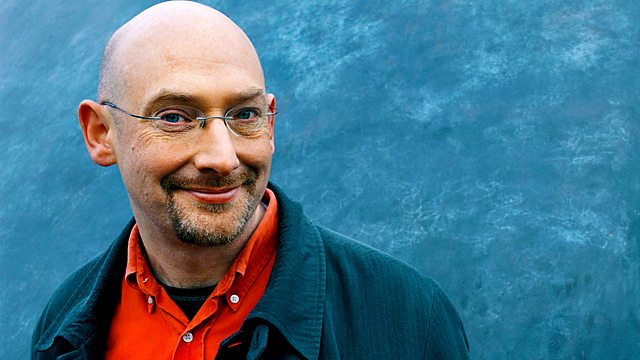Art and Perception - The Fruit Fly's Brain
Quentin Cooper finds out how the fruit fly is providing scientists with intriguing clues about how the brain works and what happens when it goes wrong.
Art and Perception
The analytical facts of science and the imaginative dreamings of art sometimes seem poles apart. But they meet up in the human brain through the process of perception.
In Material World this week, Quentin Cooper hears from a leading neuroscientist - Professor Colin Blakemore and artist Daria Martin about the process of perception and how art can link the senses in surprising ways.
Colin Blakemore says: “I'm particularly interested in works of art as objects of perception, as well as metaphors for perception (simultaneously things in their own right, while representative of other things, other thoughts, other sensations).
Art, like mathematics, or a scientific model or theory, is the use of one form of representation to provoke enquiry or understanding about another.
And, like an equation or a theory, good art is beautiful or powerful in its own right, as well as being inherently satisfying in the way that it describes something else.” Daria Martin says her films are very far from being documentaries.
“You might describe them as 'fantasies. And yet they are made with real locations, real performers. They start as daydreams in my mind, and their actualisation is a kind of modelling of that daydream. In a sense, I attempt to capture what it's like to be in someone's head.” The discussion explores the suggestion that all art is ‘synaesthetic’ – in other words it uses perception through one sense, such as vision, to evoke other senses and emotions.
The Fruit Fly's Brain
The latest “buzz” in neuroscience is all about flies' brains. Dr Kevin Moffat of Warwick University and Dr Richard Baines of Manchester University join Quentin Cooper to discuss how the tiny Drosophila melanogaster, or “fruit fly” is providing scientists with intriguing clues about how the brain works and what happens when it goes wrong. Brain research has taken flight as scientists have successfully engineered flies that closely model the symptoms of human diseases such as epilepsy and Alzheimer’s.
Age-related diseases such as Alzheimer’s are a growing health concern as humans are now living for longer. In addition, about one third of people with epilepsy are resistant to the drugs that are currently available. These powerful little creatures provide a tool that can help to unravel the underlying causes of brain diseases and accelerate the development of new drug treatments.


